Relationships, in all their forms, are the lifeblood of human experience. They bring joy, support, comfort, and a sense of belonging. But they can also be a source of profound pain, frustration, and heartbreak. Why is it that some relationships blossom into strong, supportive bonds while others wither and die? The answer, as you might expect, is complex and multifaceted.
There’s no magic formula for relationship success, but understanding the key ingredients and pitfalls can significantly increase your chances of building and maintaining healthy, fulfilling connections.
The Cornerstones of Successful Relationships:
- Communication is King (and Queen): Open, honest, and respectful communication is the foundation upon which any thriving relationship is built. This means not just talking, but actively listening, understanding your partner’s perspective, and expressing your own needs and feelings clearly and constructively. Avoiding passive-aggressive behavior, practicing empathy, and being willing to compromise are essential communication skills.
- Shared Values and Goals: While opposites can attract, having fundamental values and life goals that align provides a solid foundation for long-term compatibility. Sharing a similar worldview on important issues like family, finances, career aspirations, and lifestyle choices can minimize conflict and foster a sense of unity.
- Mutual Respect and Trust: Respect for each other’s opinions, boundaries, and individuality is paramount. Trust, built through consistent honesty and reliability, is the glue that holds a relationship together. Without these, insecurity and resentment can quickly erode the connection.
- Emotional Intimacy: Beyond physical intimacy, emotional intimacy involves vulnerability, sharing your innermost thoughts and feelings, and offering emotional support. It’s about creating a safe space where both partners feel understood, accepted, and cherished.
- Quality Time and Attention: Life can get busy, but making time for each other is crucial. Whether it’s a dedicated date night, a shared hobby, or simply unplugging and connecting over dinner, quality time demonstrates that you value the relationship and are willing to invest in it.
- Forgiveness and Growth: No relationship is perfect. There will be disagreements, mistakes will be made, and hurt feelings will occur. The ability to forgive, learn from these experiences, and grow together as individuals and as a couple is vital for resilience.
The Pitfalls That Can Lead to Relationship Breakdown:
- Lack of Communication: Failing to communicate effectively is a recipe for disaster. Suppressing feelings, avoiding difficult conversations, or resorting to blame and criticism can create a toxic environment.
- Unrealistic Expectations: Expecting your partner to perfectly fulfill all your needs or to change who they are is a common source of disappointment. Recognizing that everyone has flaws and accepting them is essential.
- Jealousy and Insecurity: These destructive emotions can stem from low self-esteem, past experiences, or a lack of trust. Left unchecked, they can lead to controlling behavior, accusations, and ultimately, the demise of the relationship.
- Power Imbalances: When one partner consistently holds more power or control in the relationship, it can create resentment and inequality. Healthy relationships involve a balance of power and shared decision-making.
- Infidelity: Betraying trust, whether emotionally or physically, is a significant breach of the relationship bond. While some relationships can recover from infidelity, it often leaves deep scars and requires a significant investment in rebuilding trust.
- Lack of Effort: Relationships require ongoing effort and maintenance. Taking your partner for granted, neglecting their needs, or failing to nurture the connection can lead to feelings of neglect and ultimately, a breakdown.
Beyond the Basics: Individual Factors and External Influences
It’s important to remember that individual personalities, past experiences, and external factors also play a significant role in relationship dynamics. Attachment styles, communication patterns learned in childhood, stress from work or family, and societal pressures can all impact the success of a relationship.
The Takeaway:
Building and maintaining a fulfilling relationship is an ongoing process that requires commitment, effort, and a willingness to learn and grow. By understanding the key ingredients for success and avoiding the common pitfalls, you can significantly increase your chances of creating a lasting, supportive, and joyful connection. Remember, seeking professional help from a therapist or counselor can be invaluable in navigating challenges and strengthening your bond. The effort you invest in nurturing your relationships will be rewarded with a richer, more meaningful life.



